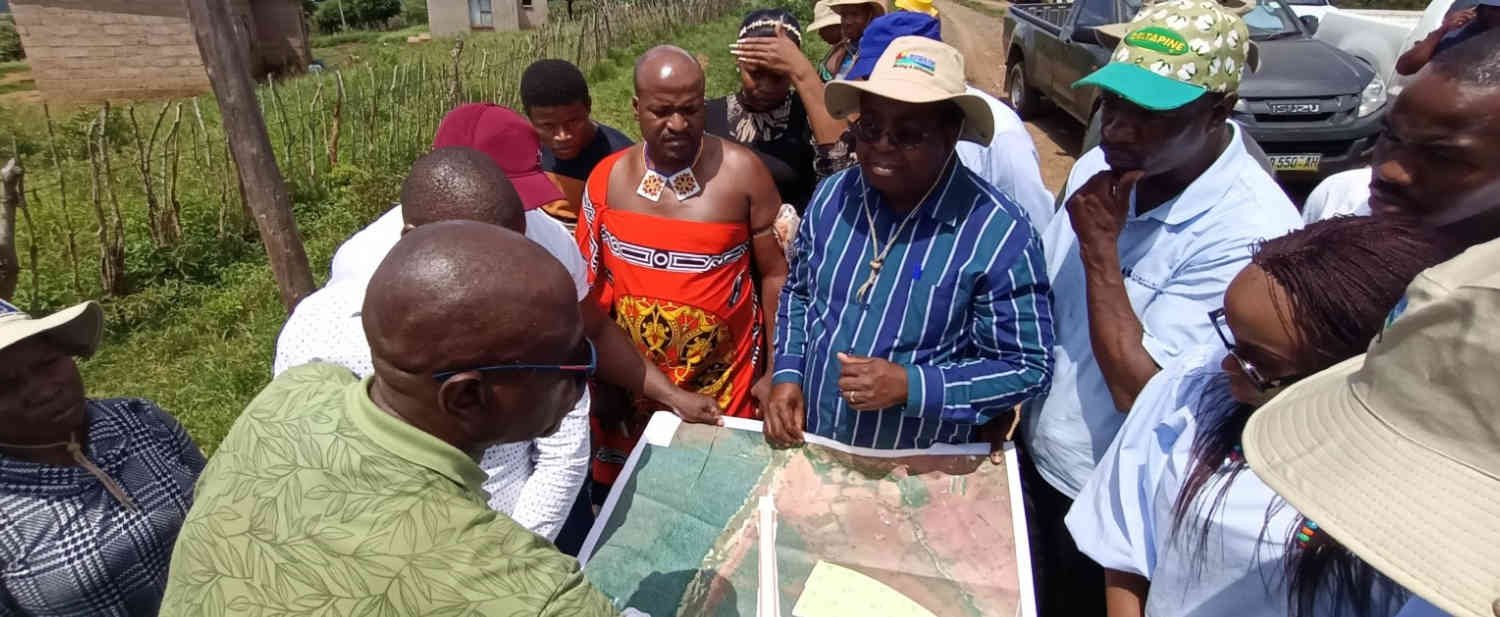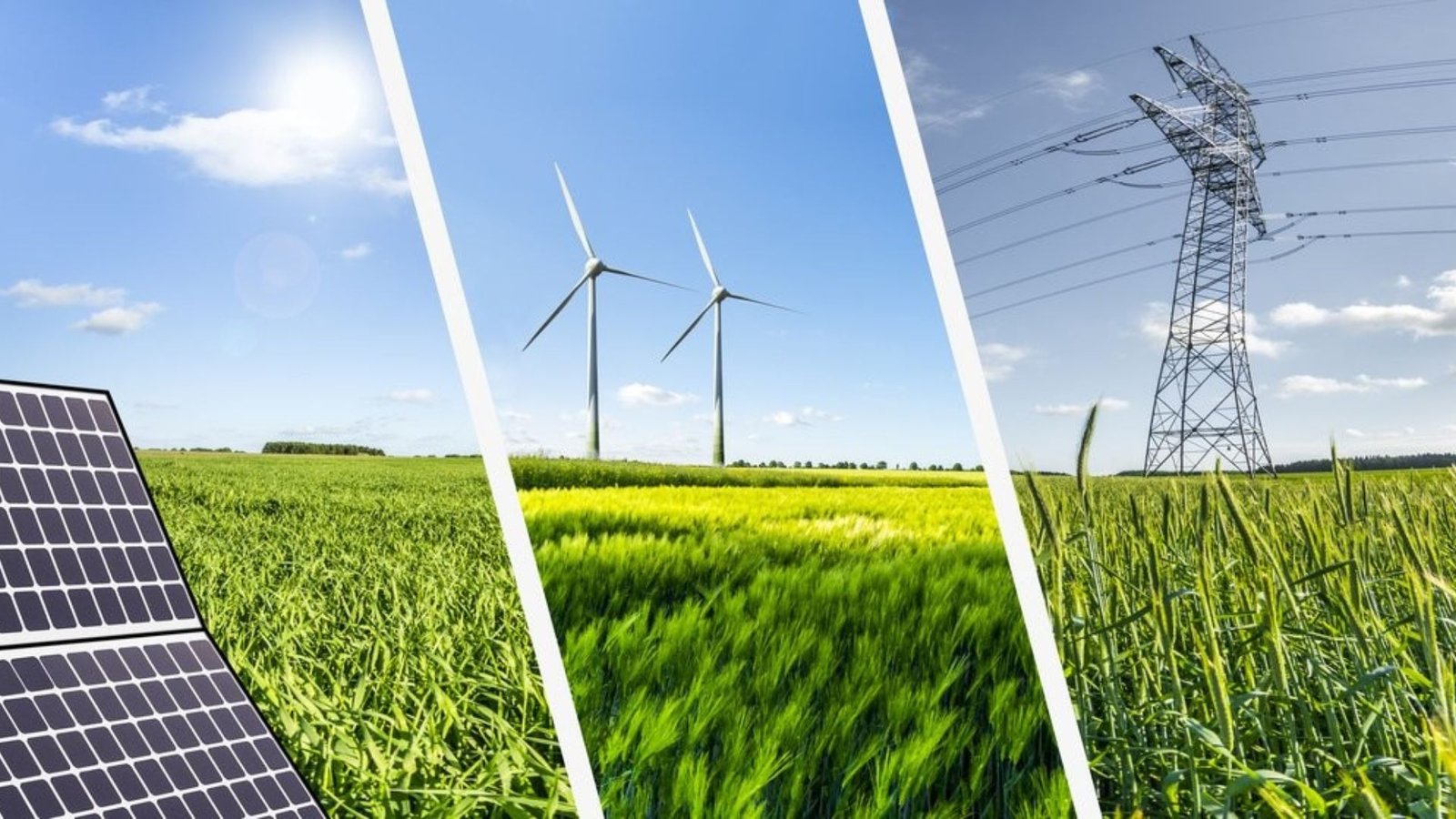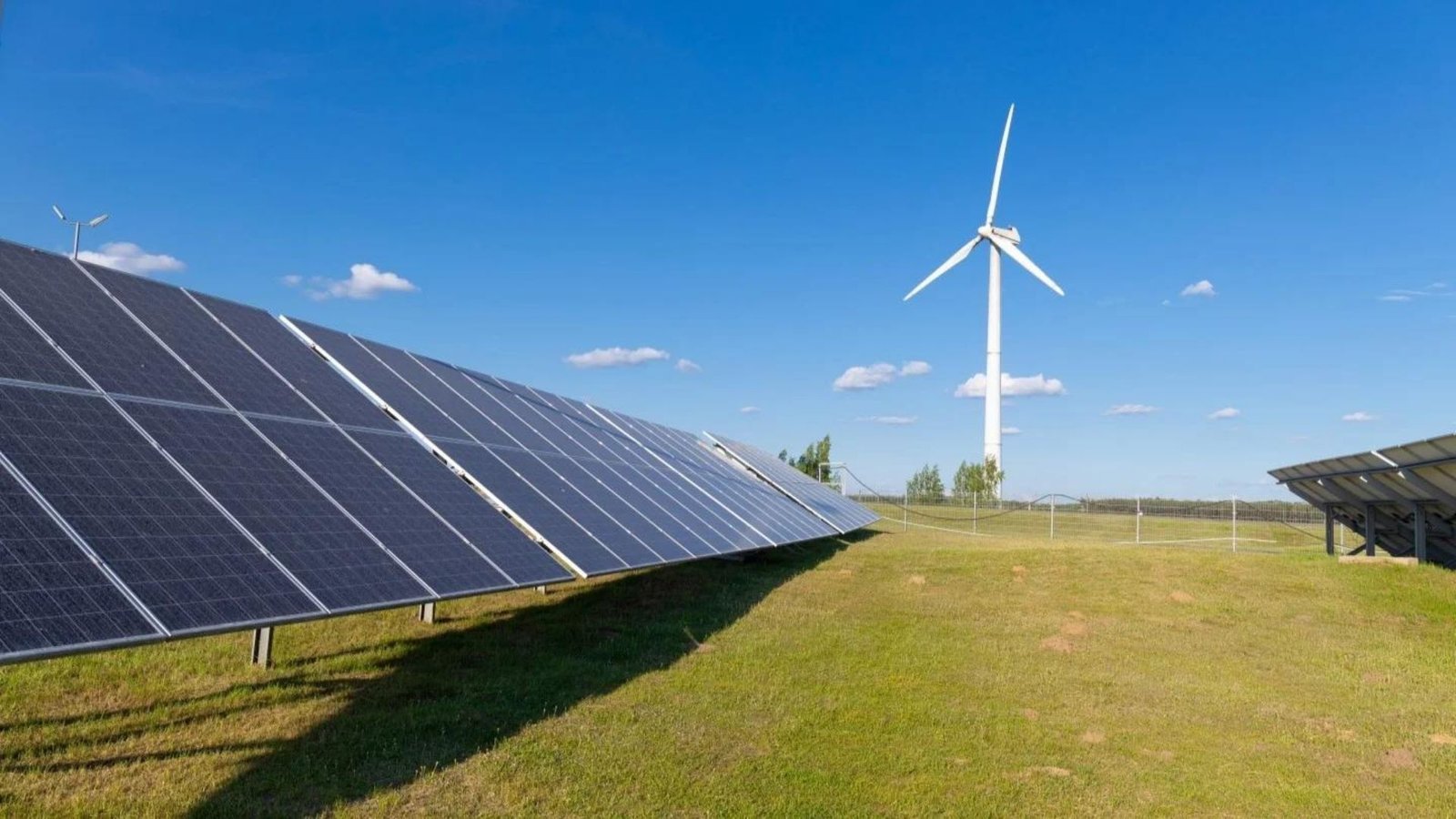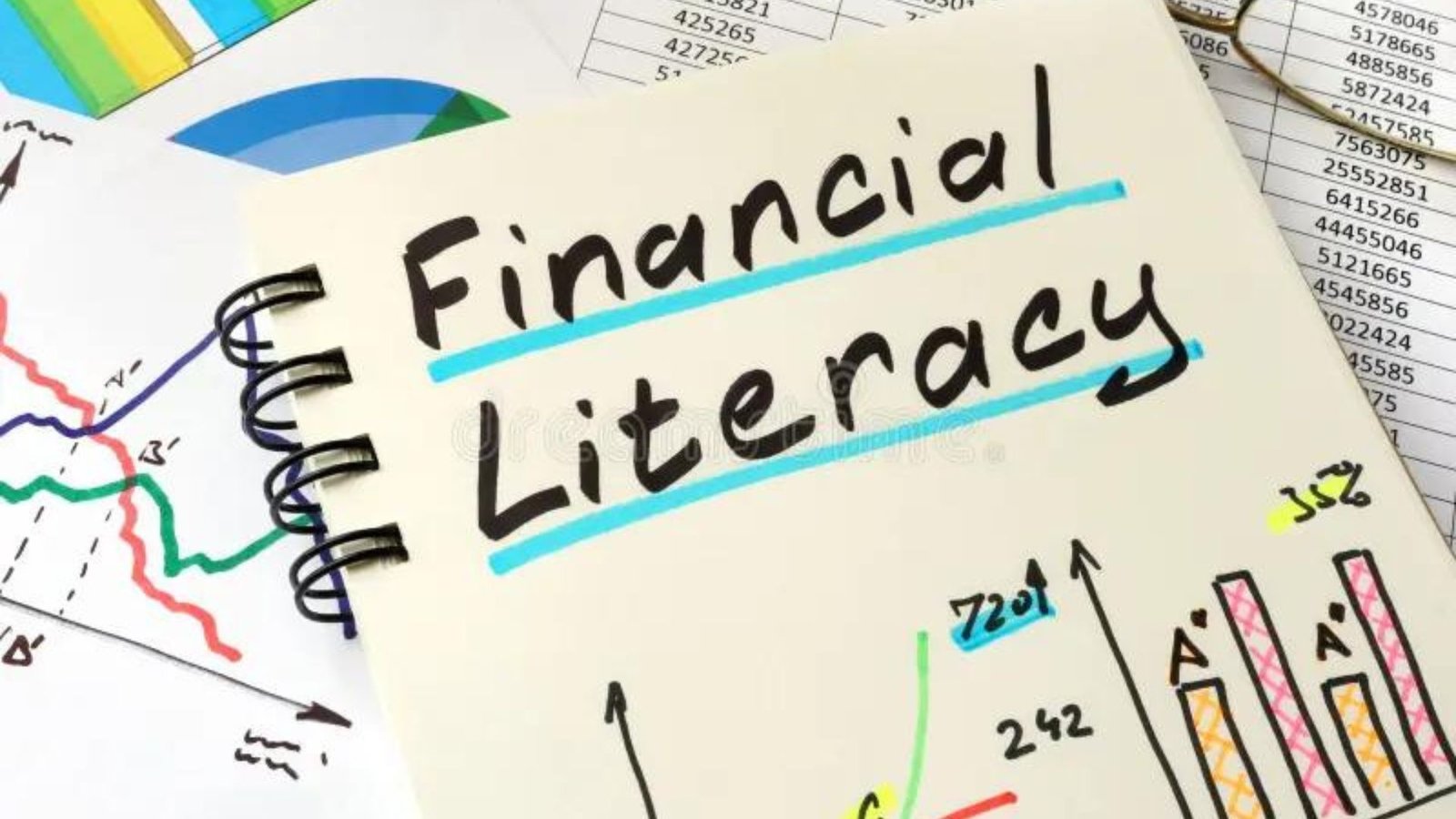Exploring Business Opportunities in Fonni, Italy
Nestled in the heart of Sardinia, Fonni is experiencing a notable economic resurgence, presenting promising business opportunities amidst its picturesque landscapes and rich cultural heritage. This small town, situated at the foot of Monte Spada, has long been known for its traditional ways of life and tight-knit community spirit. Today, it is increasingly becoming a focal point for entrepreneurs looking to blend modern business practices with the region’s authentic charm.

Business Opportunities in Fonni
The Cultural and Economic Appeal of Fonni
To begin with, Fonni’s economic landscape is deeply rooted in its cultural heritage. The town’s artisanal craftsmanship and centuries-old traditions not only attract tourists but also serve as a foundation for local business ventures. From handmade textiles to traditional cuisine, Fonni’s cultural economy offers a unique selling proposition for businesses aiming to capitalize on authenticity and cultural resonance.
Emerging Sectors and Innovation
Moreover, recent years have seen Fonni embrace new economic sectors, particularly in eco-tourism and sustainable agriculture. The town’s pristine natural surroundings and commitment to environmental conservation have laid the groundwork for innovative business models. Entrepreneurs are exploring opportunities in eco-friendly accommodations, guided nature tours, and organic farming, catering to a growing market of environmentally-conscious consumers.
Infrastructure Development Challenges and Opportunities
Despite its natural beauty and cultural appeal, Fonni faces challenges in infrastructure development. Improved road networks, better internet connectivity, and enhanced logistical facilities are critical to supporting business growth. Government initiatives and private sector investments are essential in addressing these infrastructure gaps, ensuring businesses can operate efficiently and reach broader markets.
Government Support and Economic Policies
Government support plays a crucial role in fostering a conducive business environment in Fonni. Policies that incentivize small and medium enterprises (SMEs), reduce bureaucratic barriers, and provide access to funding are essential for nurturing entrepreneurship and job creation. Local authorities are actively promoting Fonni as a business-friendly destination, encouraging both domestic and international investments.
The Role of Sustainable Development
Sustainable development is a cornerstone of Fonni’s economic strategy. By promoting eco-friendly practices and sustainable tourism, the town aims to balance economic growth with environmental preservation. Initiatives such as renewable energy projects, waste management programs, and eco-tourism certifications are not only enhancing Fonni’s appeal to tourists but also attracting socially responsible businesses.
Challenges and Resilience in the Business Community
Furthermore, like many rural communities, Fonni’s businesses face challenges such as seasonal fluctuations in tourism and limited access to specialized services. However, the community’s resilience and spirit of collaboration have enabled businesses to overcome these obstacles. Local entrepreneurs often work together to promote Fonni as a year-round destination, diversifying their offerings and enhancing visitor experiences.
Future Prospects
Additionally, looking ahead, Fonni’s economic prospects appear promising. As the town continues to invest in sustainable development, infrastructure improvements, and business-friendly policies, it is well-positioned to attract a new wave of investors and entrepreneurs. By leveraging its cultural heritage and natural assets, Fonni is not only preserving its identity but also creating a sustainable economic future for generations to come.
Conclusion
In conclusion, Fonni represents a unique blend of tradition and innovation, where business opportunities thrive amidst a backdrop of scenic beauty and cultural richness. With ongoing support from government initiatives, a resilient business community, and a commitment to sustainable growth, Fonni is poised to emerge as a model for rural economic development in Italy.


















